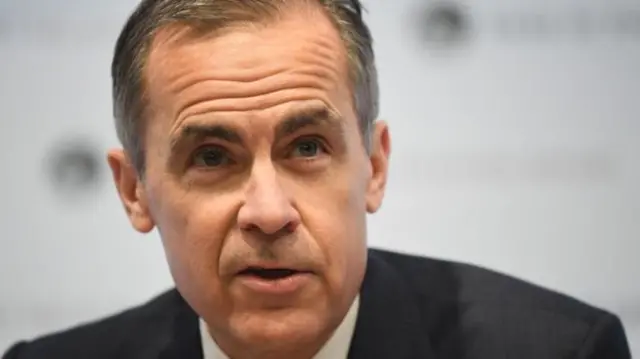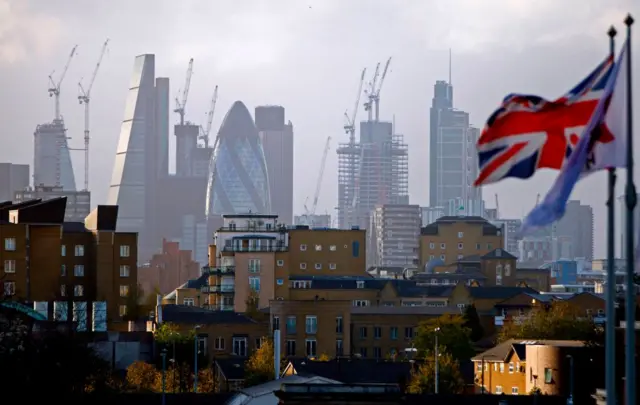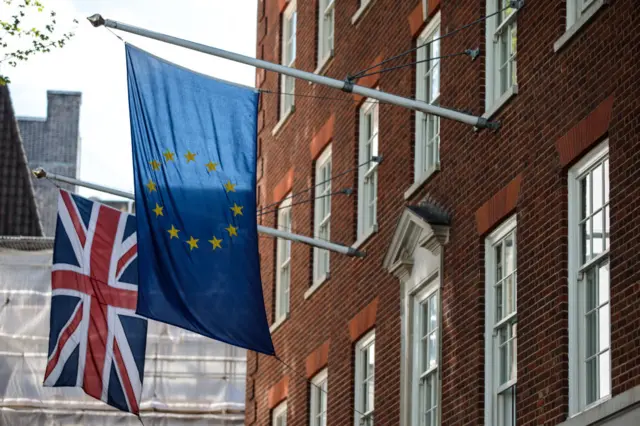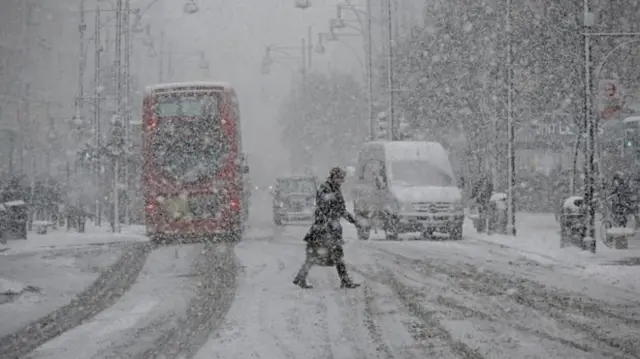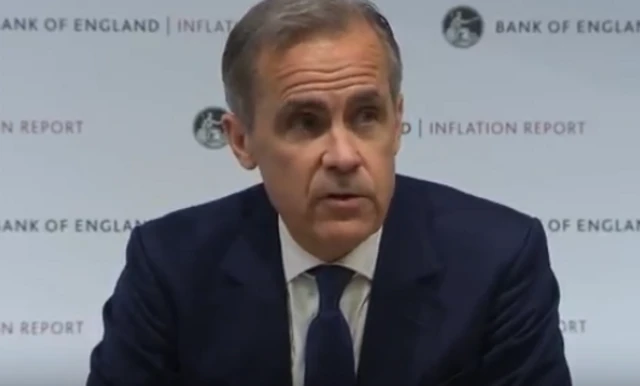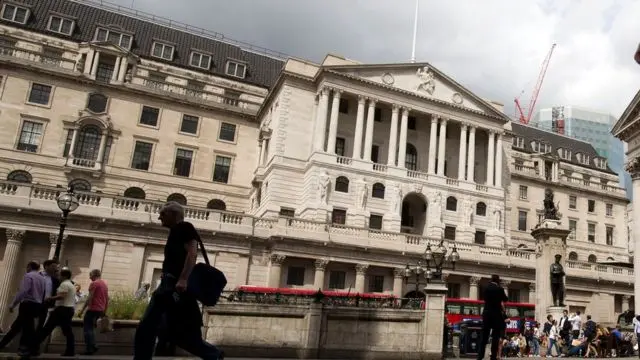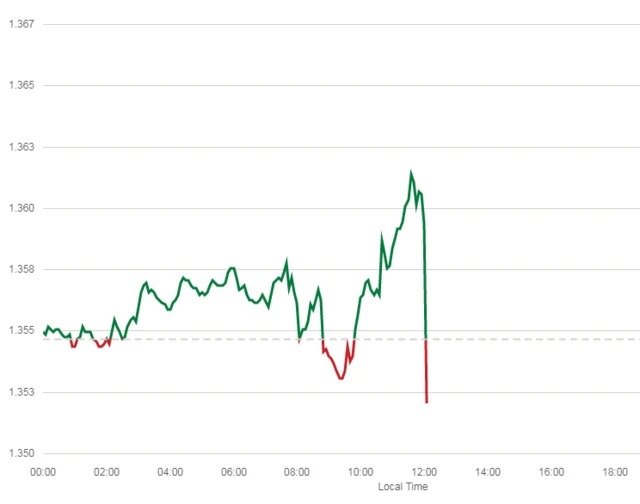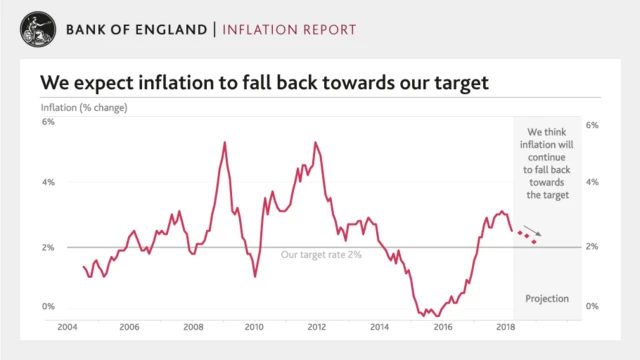RBS fine 'an important turning point'published at 14:19 BST 10 May 2018
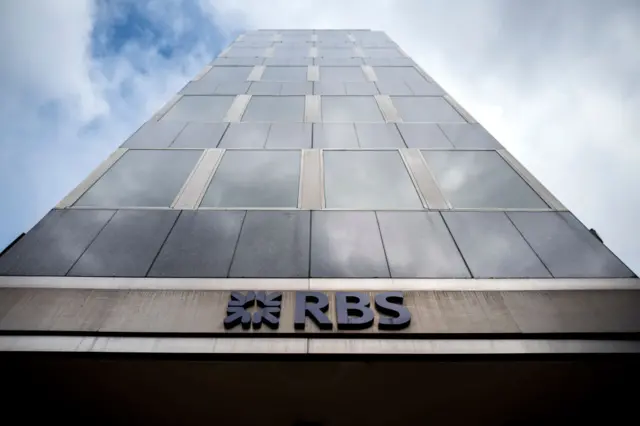 Image source, Getty Images
Image source, Getty ImagesRoyal Bank of Scotland agreeing a $4.9bn (£3.6bn) penalty with US regulators is "an important turning point" for the bank, says Jane Sydenham, investment director at Rathbones.
"It... puts the Treasury in a much clearer position to sell their stake, as buyers would be reluctant if there were still significant fines to pay," she says.
However, the bank will still have suffered reputation damage, she says.
"It’s not that the current penalty will be the issue for RBS, as they have plenty of capital. It’s that RBS have had a whole series of fines, for a number of different reasons over a protracted period of time, so the true cost has been the damage to their reputation," she says.


